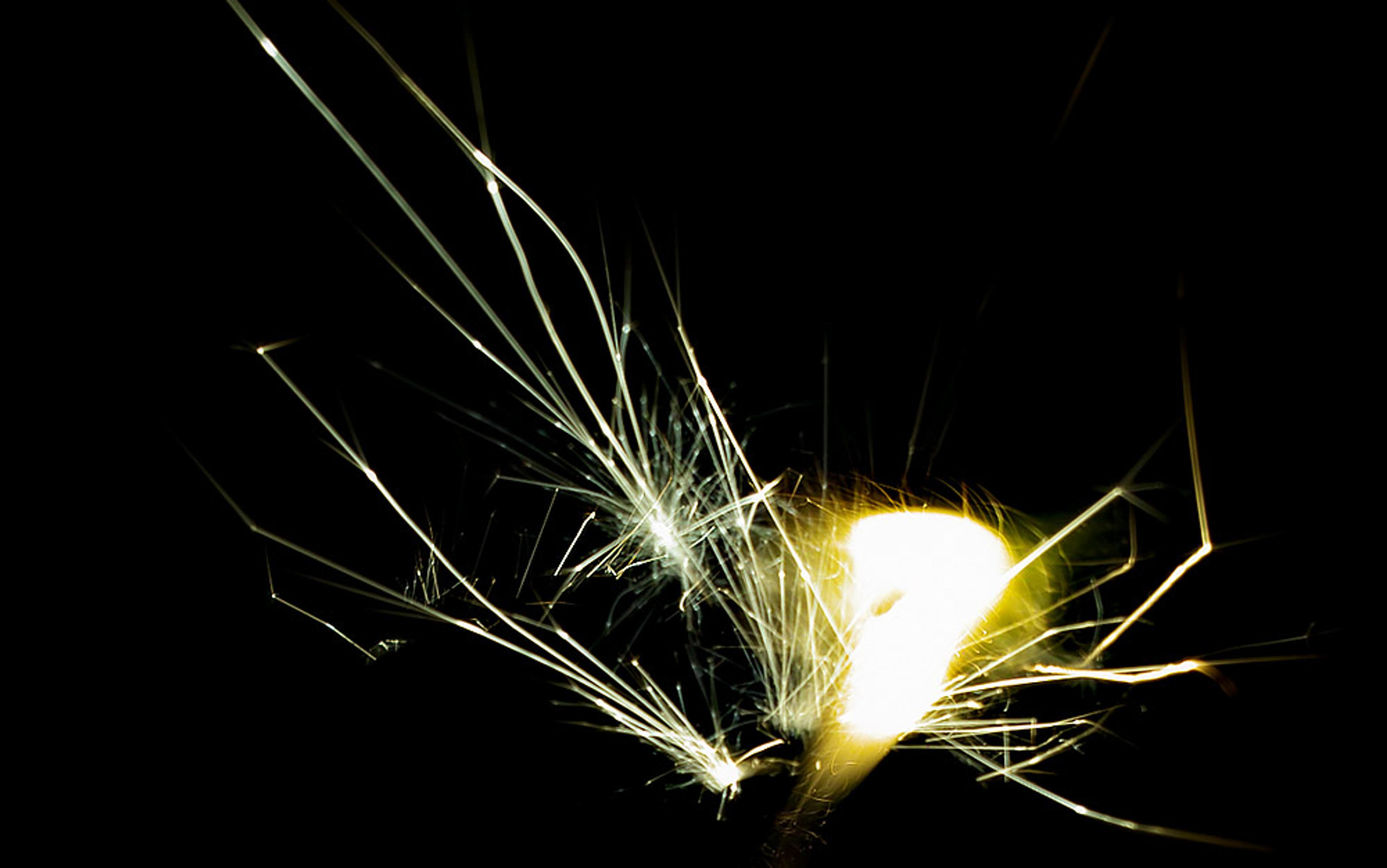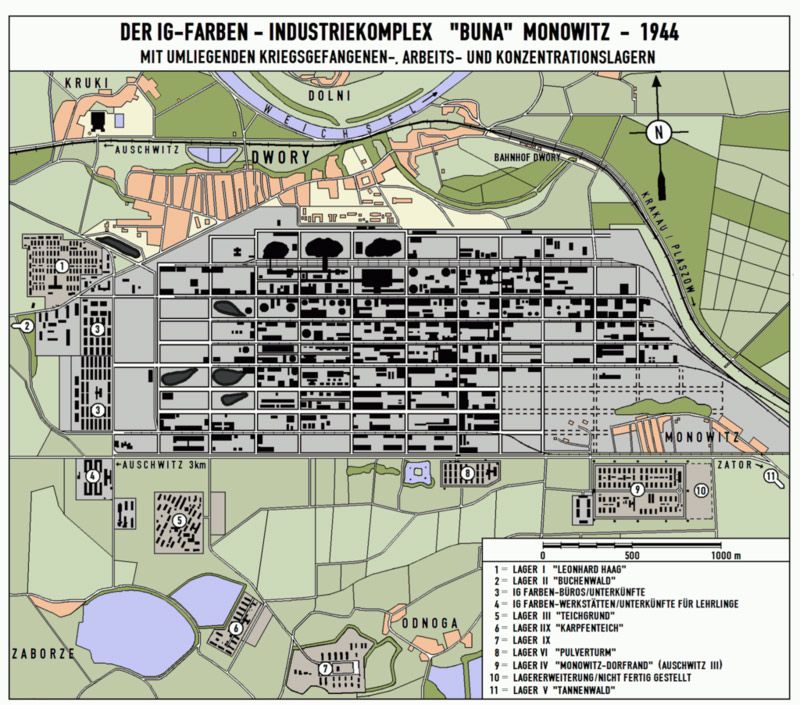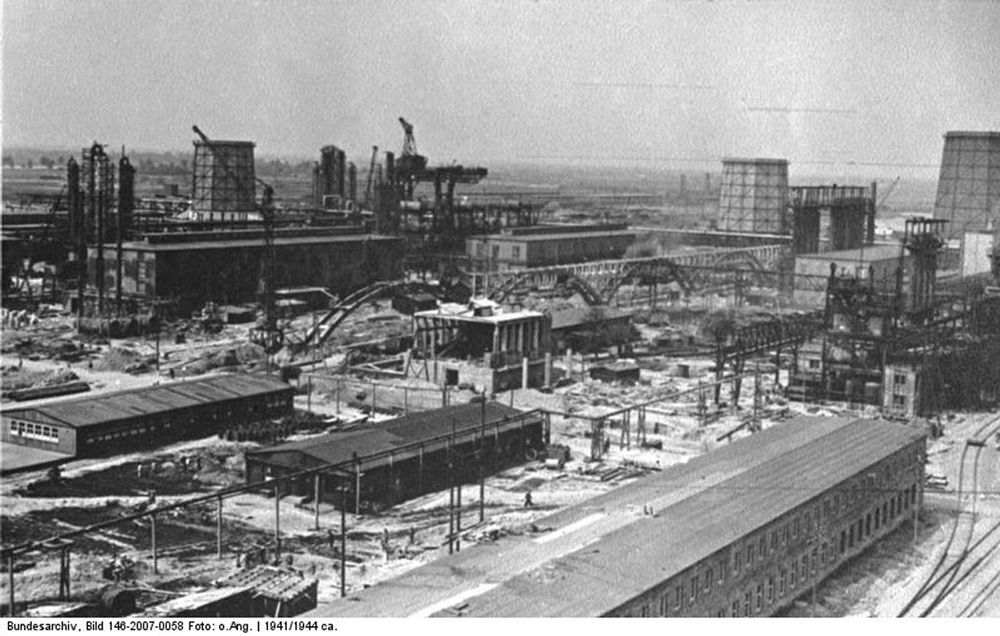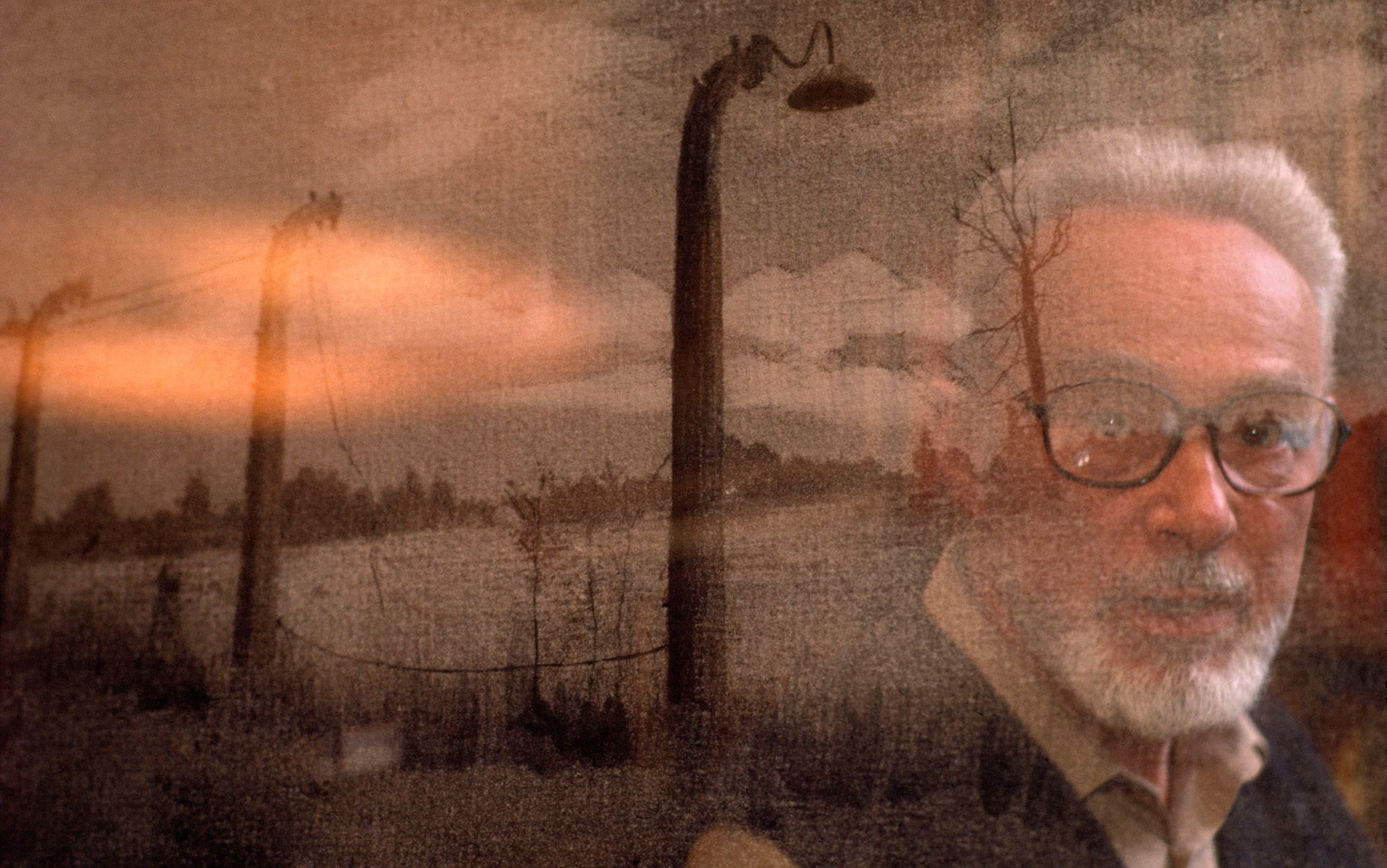No one has ever known quite how to describe The Periodic Table (1975) by Primo Levi. It starts with the author’s ancestors, and moves through his youth to his time in Auschwitz and his life afterwards. So is it an autobiography? Yes, but a pretty strange one: devoting three chapters to his university years, and three more to a single year of freedom, in which he tried to run his own company with a friend, but only two to the factory in which he spent his whole working life, and none at all to his family.
He himself called it ‘a collection of chemistry stories’ (‘una raccolta di storie chimiche’). That was precise, as he always was. The Periodic Table is a collection of stories that explore chemistry more than the chemist and, through chemistry, life itself. Which takes us back to him, because it is his conception of life that we find here and in his still more famous book, If This Is a Man (1947): that is, the struggle of a lone, isolated, rational and moral being to understand and conquer a world of obtuse opposition to all reason and morality. In If This Is a Man the opposition comes from Nazism; in The Periodic Table it comes from matter. But it is the same struggle, and Levi tells it in the same way: by removing himself as much as possible from the story. He reveals only what is relevant to the battle and what he cannot help revealing in the telling: that he is a wonderful observer and writer, and an immensely intelligent, humorous, moving person.
The first clue to the strangeness of this autobiography comes from its title, and from the chapter headings, which are the names of 21 elements of the periodic table. But how do the elements relate to the stories?
The answer is wonderfully Levi-esque: the stories are about science, but in fact they are entirely literary. So almost all of them are the adventures of the chemist Primo Levi – as a schoolboy, a student, a Jew working illegally in Fascist Italy, a prisoner in Auschwitz, a survivor plying his trade – coming up against the dangers and lessons of hydrogen, potassium, nickel, chromium and the others. But not quite all. As Levi said, although The Periodic Table began with chemical adventures, ‘it grew into something more’. A third of the stories have nothing to do with battles in the lab, and in their case the relation of the element to the story becomes more subtle.
In ‘Argon’ and ‘Iron’, the elements are images of their characters: Levi’s Jewish ancestors mix as little with the Catholic population as the noble gases with any other element; Sandro Delmastro, the great friend of Levi’s youth who died as a partisan, was as strong and reticent as iron. ‘Gold’, which is about Levi’s weeks in prison before being deported, symbolises the preciousness of freedom and of life itself, which he is about to lose; ‘Lead’, ‘Mercury’ and ‘Titanium’ are fantasies of freedom; and ‘Carbon’, the great final story – but the first to be conceived, perhaps as early as Levi’s schooldays – is a masterpiece of imagination, in which an atom of carbon binds itself to life and escapes it again an almost infinite number of times, until it ends in Levi’s own brain, and makes him mark the page with the final full-stop.
Even those stories that are chemical adventures explore themes and people as well. ‘Tin’ is about a friend and (once again) freedom; ‘Zinc’ and ‘Phosphorus’ about being marked out as different and inferior, and also about girls; ‘Potassium’ about the great consequences of small differences, and also about a man, Nicolò Dallaporta, who defied the Fascist laws and took on the Jewish student Levi as his assistant. ‘Uranium’ is about the freedom of fiction (freedom again!); ‘Nitrogen’ about making aurum de stercore, turning shit into gold, which is what Levi did with his experience of Auschwitz. ‘Cerium’ and ‘Vanadium’ are both concentration camp stories, one set in Auschwitz and one 20 years after it, the first about a lost friend, the second about a re-found enemy. All tell us things most of us didn’t know about chemistry, in fascinating, funny, tragic and touching ways; but also and most of all, about the human condition that the condition of the chemist mirrors.
In ‘Carbon’, Levi muses again over how to describe The Periodic Table. It is not an autobiography, he says, but a history: the history of a trade. As I’ve tried to show, however, it is a great deal more than that. And it has strong elements of fiction. Much of ‘Argon’ was borrowed from other people’s ancestors; much of Delmastro’s history was invented or dramatised; a key episode in ‘Phosphorus’ never happened. In ‘Uranium’ Levi wrote of his longing for the ‘boundless freedom of invention’, tied down as he was in factory and family, and in the responsibility to facts of the witness-writer. But the truth was that he had already broken through that barrier in his writing – in The Truce (1963), in the Natural Histories (1966), and here in The Periodic Table itself. Writing was his freedom from the start; the only freedom he ever had.
Unlike the other Auschwitz story, ‘Cerium’ is set in the camp itself, and Levi was often asked why he didn’t include the episode in If This Is a Man. He answered that ‘Cerium’ is a tale of victory, while If This Is a Man is a canvas of defeats. This shows how carefully he shaped that first great book, despite his claim that it was a spontaneous, non-literary work.
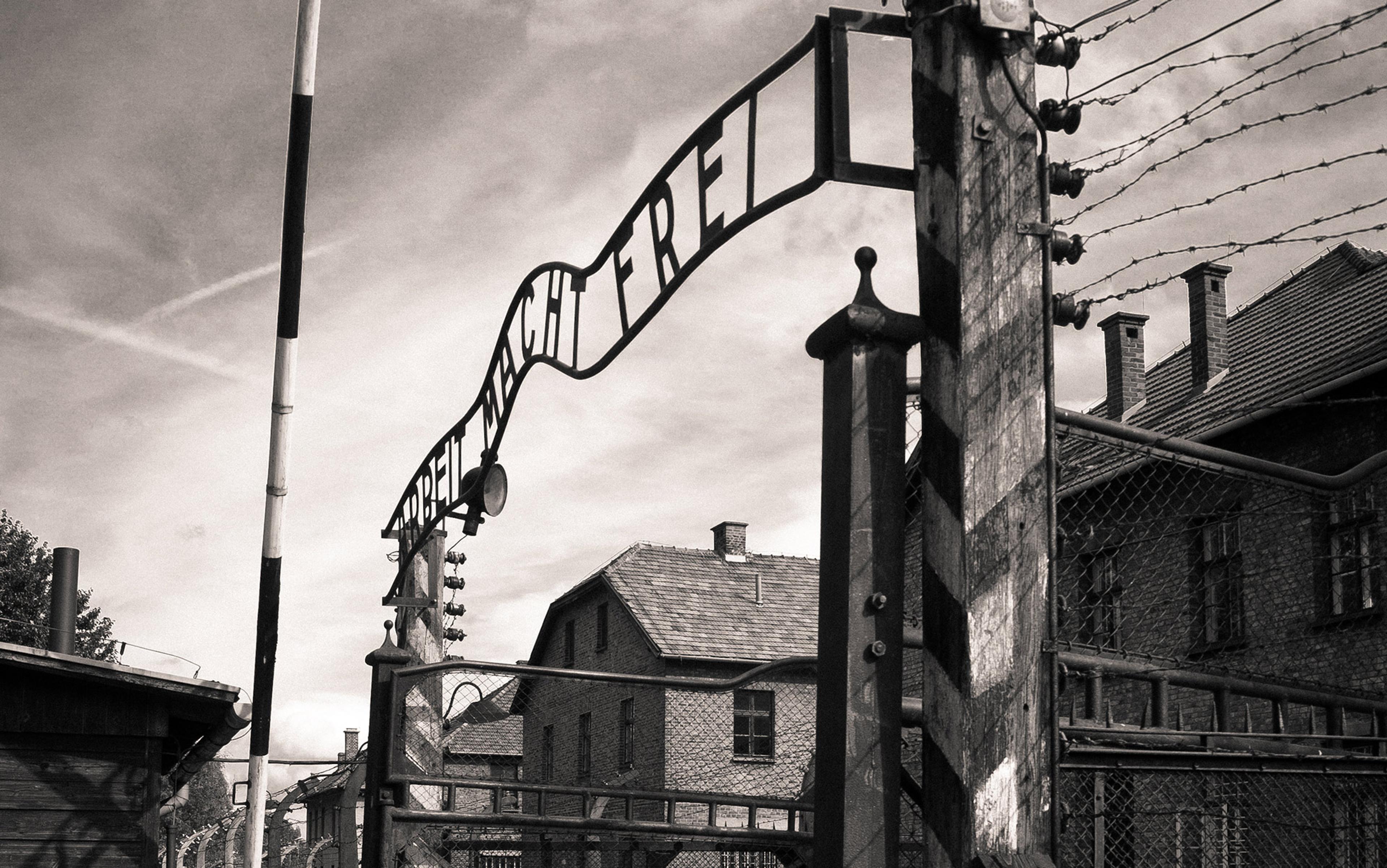
At the entrance to Auschwitz. Photo courtesy Wikipedia
Although his year in Auschwitz came early – when he was between 24 and 25 years old – ‘Cerium’ sits precisely in the middle of The Periodic Table. That perfectly symbolises the central role of Auschwitz in his life; and also the fact that this story is a key bearer of the theme of imprisonment and liberation; cerium is what finally liberated him and his friend Alberto from the camp. This relation between chapter title and chemical element is one of the simplest and most direct in the book.
As he says here, Levi stole many things from the camp lab, including, finally, some pipettes, when there was nothing left to exchange them for but a bowl of half-eaten soup. He describes in another work, Moments of Reprieve (1981), how this soup was infected with scarlet fever, which he caught but Alberto didn’t. As a result, Levi was among those whom the Nazis left behind to die, though against all odds, he survived; his healthier friend, meanwhile, was forced to join the death march westwards, on which most of the prisoners perished. As ‘Cerium’ recounts, Alberto was among them.
Carole Angier is a biographer living in London. She has taught English literature and philosophy at several universities and is the author of ‘The Double Bond: Primo Levi, a Biography’ (2002). She is currently working on a literary biography of W G Sebald.
